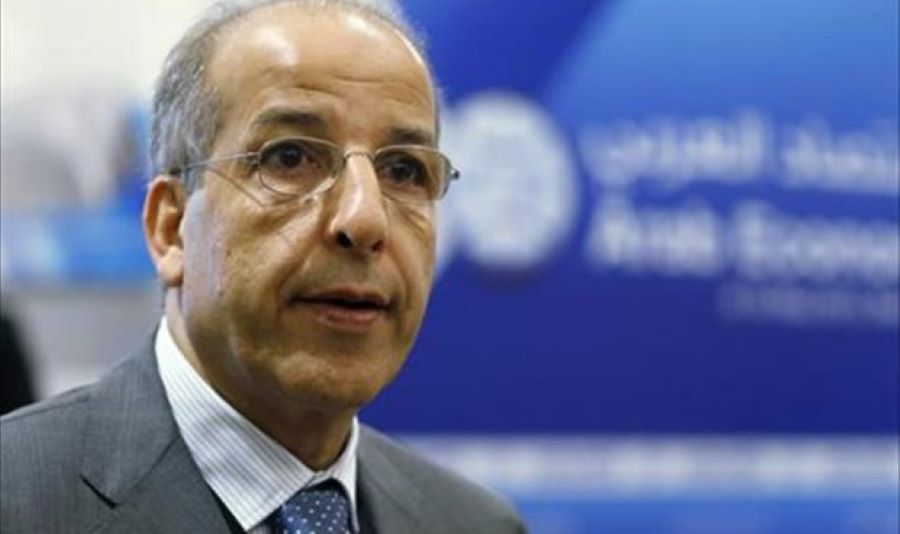Africa
Libya’s Central Bank Governor Sacked

Libya’s powerful central bank governor has been sacked, a move that could have significant implications for the country’s financial and political landscape.
The abrupt dismissal of the powerful central bank governor by one of Libya’s competing authorities is expected to heighten tensions in the divided North African nation.
Governor Sadiq al-Kabir was ousted by the presidential council based in Tripoli, that supports Prime Minister Abdul Hamid Dbeibah’s administration ruling over western Libya. The decision to remove him was made through a decree issued towards the end of Sunday.
Mohamed Abdul Salam al-Shukri, an economist and former deputy governor, was appointed as the new governor of the Central Bank of Libya by the council following his predecessor’s departure.
Since October 2011, Al-Kabir has been in charge of the central bank during a tumultuous time for Libya. This was the year when NATO-backed rebels overthrew Moammar Gadhafi and plunged the country into chaos.
Throughout that period, he amassed considerable sway and authority; however, he also encountered opposition from authorities across the political spectrum regarding his allocation of Libya’s oil funds. Lately, this dissent has developed into demands for his dismissal.
Al-Kabir did not provide an immediate comment.
Libya, a country abundant in oil resources, is currently divided between the UN-endorsed government located in Tripoli and opposing authorities situated in the eastern region. Diverse factions armed with weapons and several foreign nations have provided support to both sides.
Billions of dollars in oil revenue and foreign reserves are annually entrusted with the Central Bank. However, it fractured in 2014 along political divisions within the nation. While its acknowledged central hub is still based out of Tripoli on an international level; a faction aligned with military leader Khalifa Hifter established an eastern division located at Benghazi.
Al-Kabir’s ousting was deemed as illegitimate by both Libya’s east-based parliament and the advisory body, Supreme Council of State situated in Tripoli. The appointment to this position should not rest solely on the presidential council; these two entities must also be involved in decision-making for such appointments.
As per the provisional guidelines established during U.N.-supported negotiations aimed at supervising the reunification of the nation.
